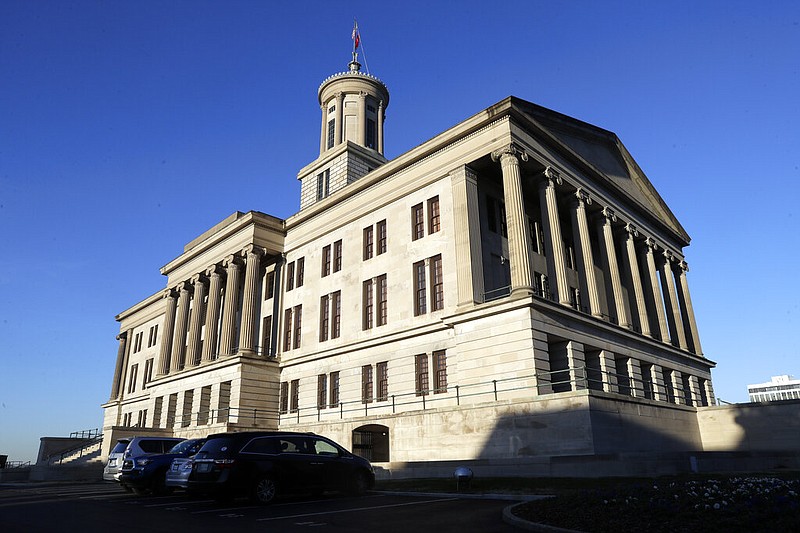NASHVILLE, Tenn. (AP) - A federal judge will not block Tennessee's implementation of a law that requires verifying signatures of voters looking to cast ballots by mail.
U.S. District Judge Eli Richardson in Nashville rejected a request for a preliminary injunction of the law, ruling late last week that the record shows the risk of ballot rejection through the verification process is exceedingly low, whether it's proper or erroneous. He also wrote that voters have other options, including voting in-person early or on Election Day.
The groups challenging the law have sought the right for voters to fix signature issues before ballots are rejected.
"Although the signature-verification requirement does represent some kind of obstacle between placing a vote and having it counted, the mere existence of such an obstacle does not mean that Plaintiffs are excluded from voting," Richardson wrote.
The decision comes in a lawsuit that challenges three vote-by-mail restrictions in Tennessee in light of the ongoing coronavirus pandemic.
So far, the judge has declined to block another requirement ahead of the Nov. 3 election. The law imposes criminal penalties when anyone but election officials distributes forms to request absentee ballots without people first asking for them. The judge and plaintiffs disagreed over whether the law plaintiffs cited was, in fact, the appropriate one to challenge.
Many of the same plaintiffs have since filed a separate federal lawsuit over the requirement the judge believed they intended to challenge. That law makes it a felony for people other than election officials to distribute official absentee ballot applications, regardless of whether someone asks for one or not.
The judge is still considering whether to pause another law that requires first-time voters to show ID at a local election office if they want to vote by mail.
On the signature verification requirement, the challenge filed by the Lawyers' Committee for Civil Rights Under Law and the Campaign Legal Center argued the law gives "unfettered discretion to election officials to reject ballots" and "creates a substantial risk that voters will be erroneously denied their fundamental right to vote."
Nineteen states require voters be notified of and given an opportunity to correct signature discrepancies in absentee voting, according to the National Conference of State Legislatures.
The state wrote that a voter whose ballot is rejected can cast another absentee ballot if there's time, or can vote provisionally. The state has said that of the 109,627 absentee ballots cast in the 2016 and 2018 national elections, 36 absentee ballots under the state law, or .03%, were rejected for signature irregularities. Another 26 cast under the federal Uniformed and Overseas Citizens Absentee Voting Act were rejected, the state has said.
Julia Bruck, a spokesperson for Republican Secretary of State Tre Hargett, said their office agrees with the judge's "thorough and well written opinion."
The plaintiffs have argued the data likely undercounts signature verification rejections, and that requiring notice of the signature issues is "futile" without the chance to fix them.
Meanwhile, another contentious legal fight over absentee voting continues to play out in state court. A judge had allowed all eligible voters to cast absentee ballots due to COVID-19, a requirement that stayed in place during the Aug. 6 primary. But the state Supreme Court overturned the expansion for November after the state declared people can vote by mail if they believe they or someone in their care faces a higher risk of COVID-19 due to underlying health conditions.
State officials promised the Tennessee Supreme Court last month that they would inform voters about that eligibility. Last week, a Nashville judge ordered the state to update its absentee ballot request form to mention that category of voters, noting that the form had been stripped of any mention of COVID-19 after the Supreme Court ruling. The state made the change by the court-imposed Monday deadline.
Absentee ballot applications are already being accepted for November in Tennessee.
